Insect Science: Helping Families Stay Healthy by Fighting Mosquito-Borne Disease
That means a lot of potential pests around your family, and the potential for insects that can carry diseases, particularly mosquitoes.
At SC Johnson, we realized early on that we needed to know as much as we could about these critters. We opened our first insect research center way back in 1957. Today, the SC Johnson Center for Insect Science and Family Health stands as one of the largest private, urban entomology research centers in the world.
For 65 years and counting, our scientists have worked at the center to develop products you can trust to protect you and your home from pests, and to help families avoid mosquitoes that may carry diseases like malaria, dengue and Zika.
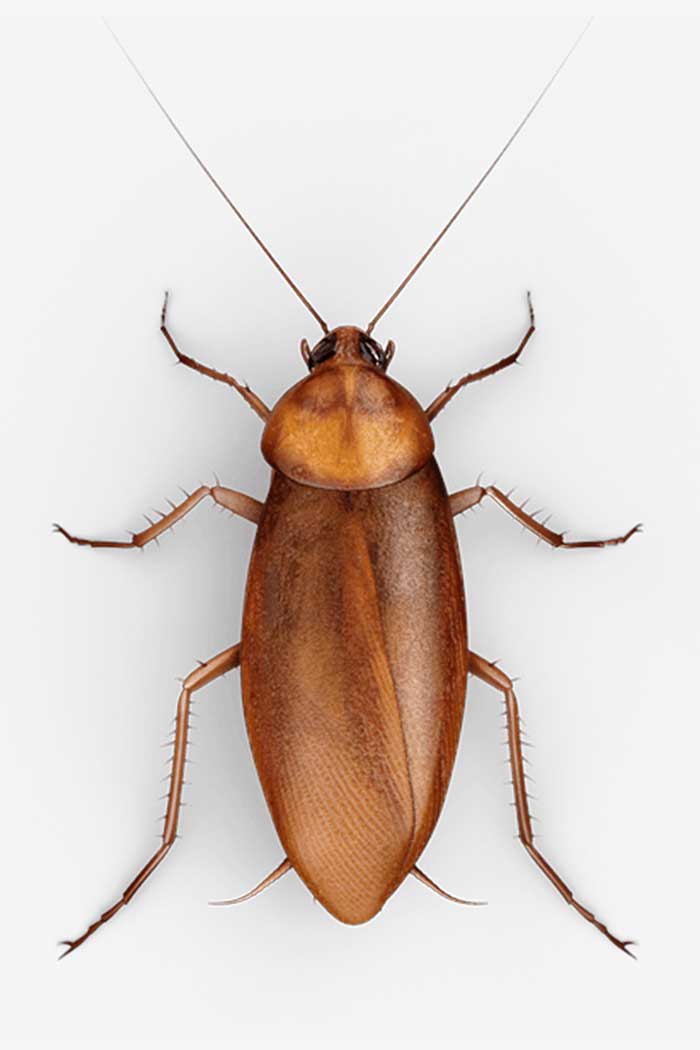
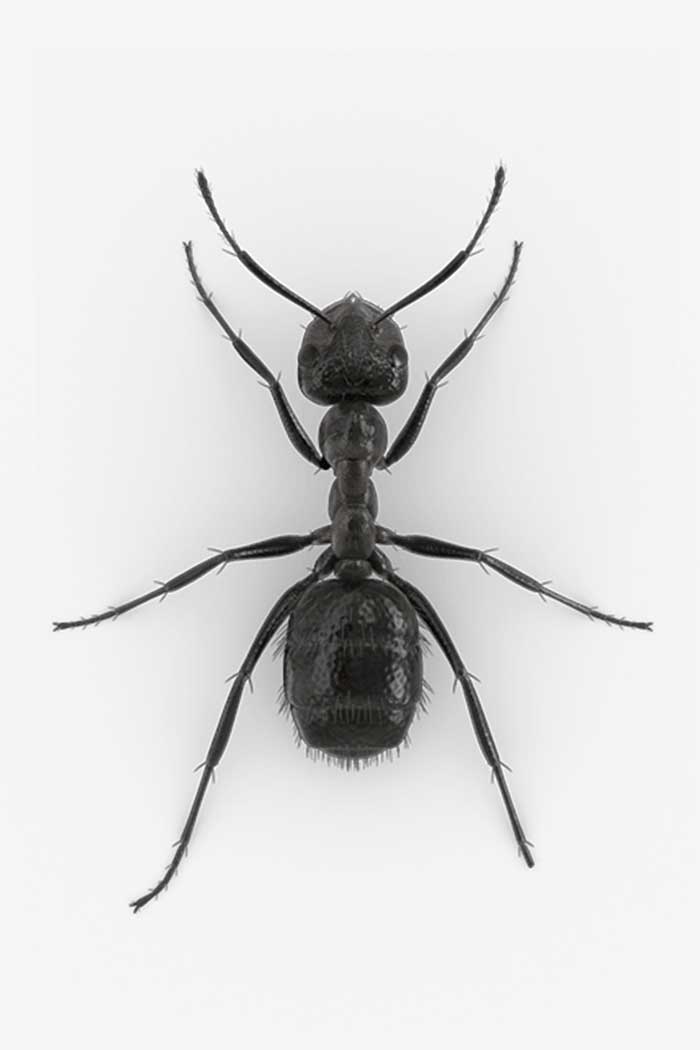
Insect Research and Disease Prevention: So Many Bugs
Our largest insect research center is located near our global headquarters in Racine, Wisconsin. It houses about 20 species of insects, including the mosquitoes that can transmit malaria, dengue, the Zika virus and chikungunya.
We also have three species of cockroaches, two of ants, slithering silverfish and firebrats, clothes moths, stored product pests and the common house fly. And for good measure, we also manage an active field-collection program so that we can secure seasonal insects, too.
On any given day, we have about 850,000 insects, and more than 15 million are reared annually in what’s known as our Insectary. It’s a controlled, carefully monitored environment where researchers study all aspects of insect behavior, development and methods of insect control. The species in the Insectary have been specifically chosen to represent the most common household pests and disease vectors that are found in the world.
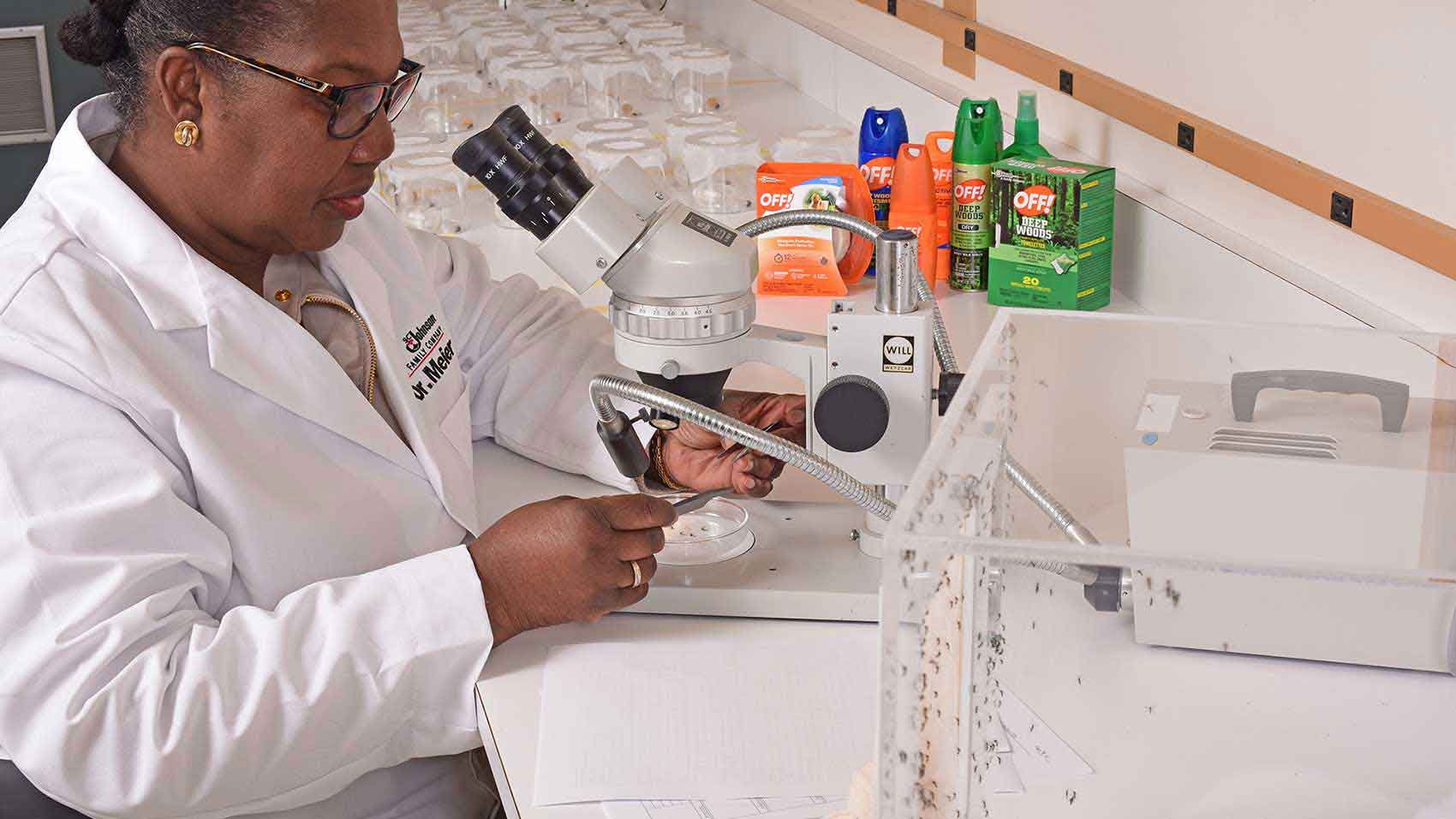
Two Research Areas Drive the SC Johnson Center for Insect Science and Family Health
Insect-borne diseases are a serious threat to families around the world. We remain dedicated to continuing our leadership in researching insects to help improve family health.
Fisk Johnson, Chairman and CEO of SC Johnson
Our second area of focus is Applied Entomology Research. There, SC Johnson researchers observe insects and analyze their behavior. We have experts in insect biology, physiology, ecology, behavior and toxicology, as well as infestation management. They investigate new technologies, trying to identify the best pest-control strategies and delivery devices.
So our work is about making products, but it’s more than that, too. Because insects can transmit dangerous diseases like malaria, dengue and Zika, our team has a higher purpose: helping families protect themselves from insects to help protect their health.
Research from our insect scientists has informed many of our efforts educating and addressing the spread of insect-borne diseases around the globe.
What is the SC Johnson Center for Insect Science and Family Health?
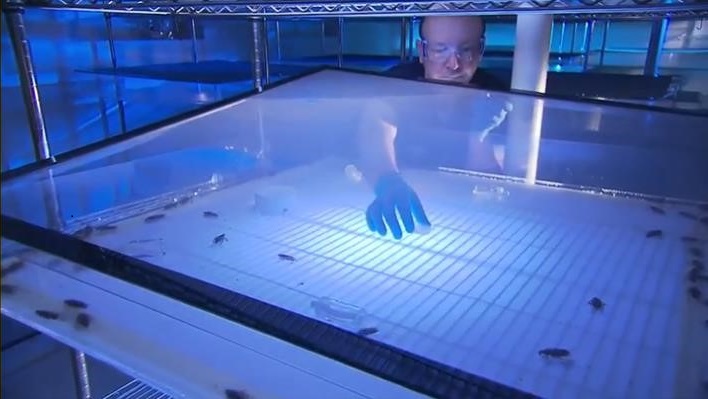
Tour our Insectary and see our scientists in action as they work to understand insects and how to protect human health.
Family Health: Our Insect Science is about Helping Families
To acknowledge the important purpose behind all our work – helping keep families healthy – in 2022, we renamed our research centers to the SC Johnson Center for Insect Science and Family Health. Previously we just talked about them as entomology research centers. But after more than 65 years of research leadership, we wanted to be sure our top priority was front and center.
In 2022, our largest research center, located in Racine, Wisconsin, was renamed to the SC Johnson Center for Insect Science and Family Health.
Our Entomology Research Means We're Ready When Needed
So understanding insects is our business each and every day. But here’s what really matters: Because we have experts always working to understand insect science, when an insect-borne disease outbreak happens, we can act fast. And, we have the insights and products to help.
As Zika emerged in 2016, this included launching a special mosquito education website for families. We wanted to offer clear, understandable tips and expert advice to help people protect themselves from mosquito bites.
And that’s just one example. We also regularly donate repellent products for people in need – for example when natural disasters strike – and conduct mosquito-borne disease awareness campaigns in countries around the world.
At the end of the day, what matters most to us is what matters most to you: Helping keep your family healthy.
Related Stories
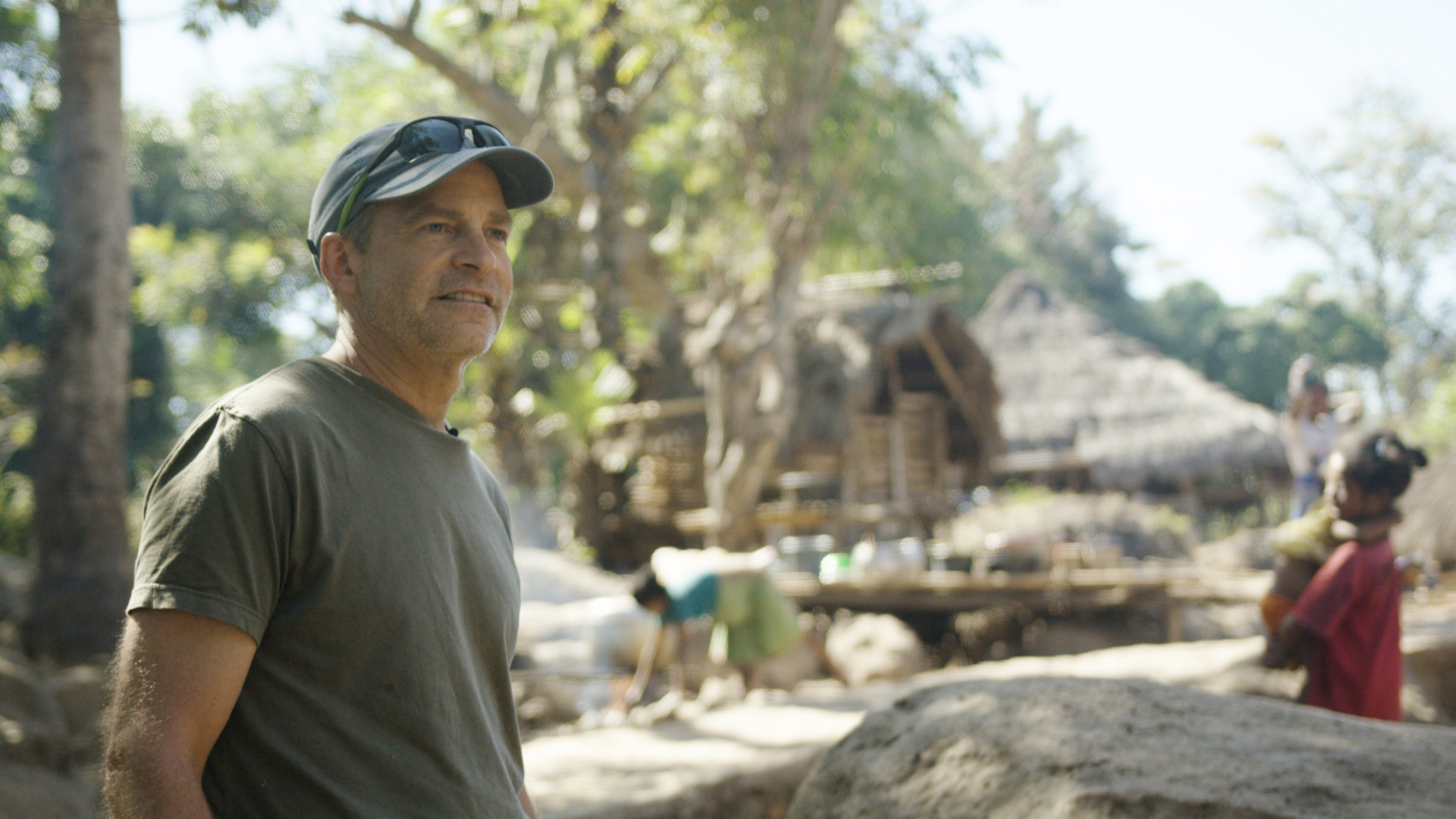
Mosquito-borne Disease Prevention: Strategic Partnership Brings New Potential Solutions to Help Families Fight Malaria
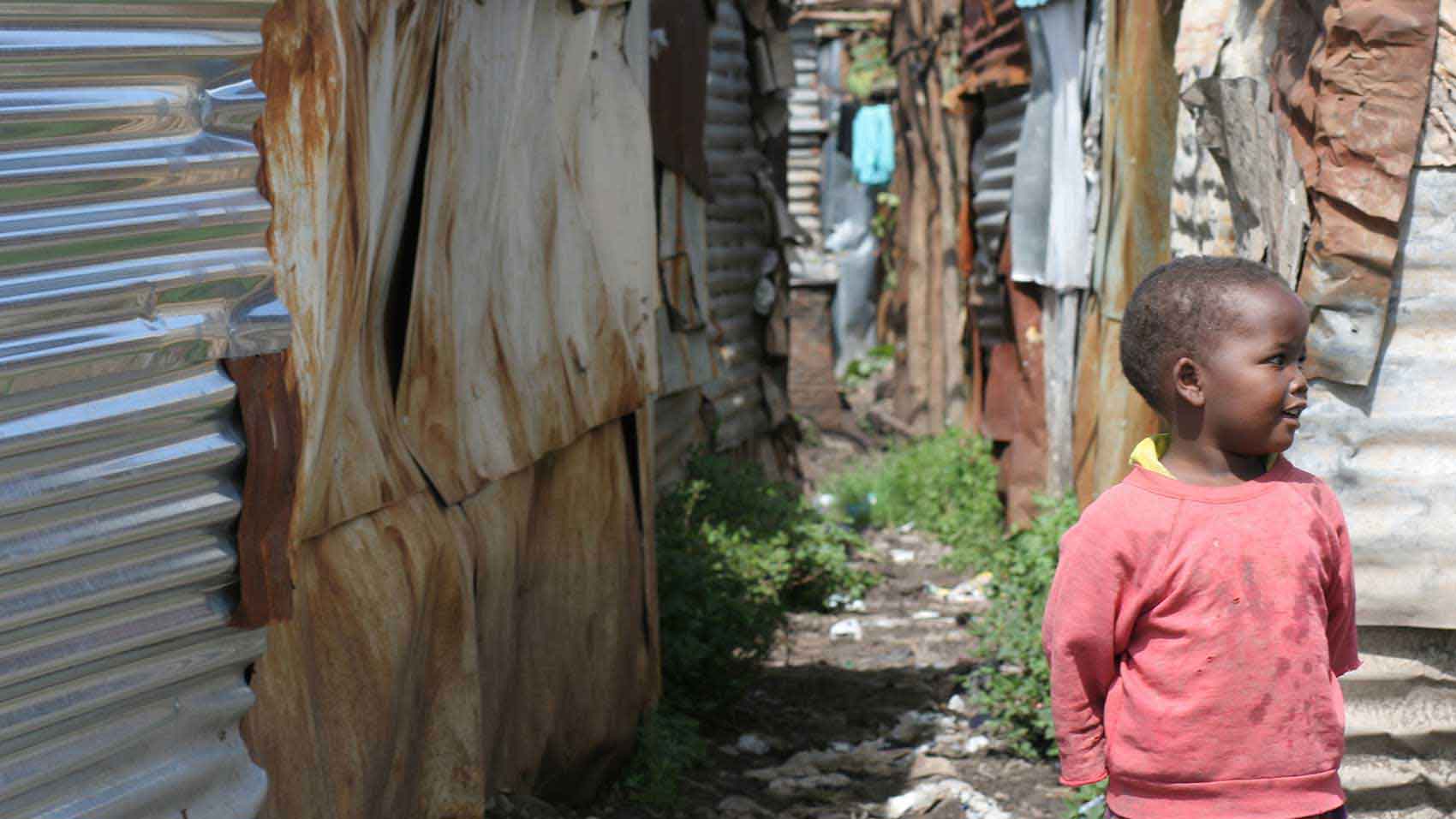
The War Against Mosquito Bites and Other Household Pests: Protection, Prevention and Education
